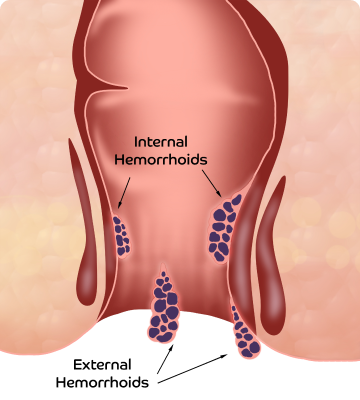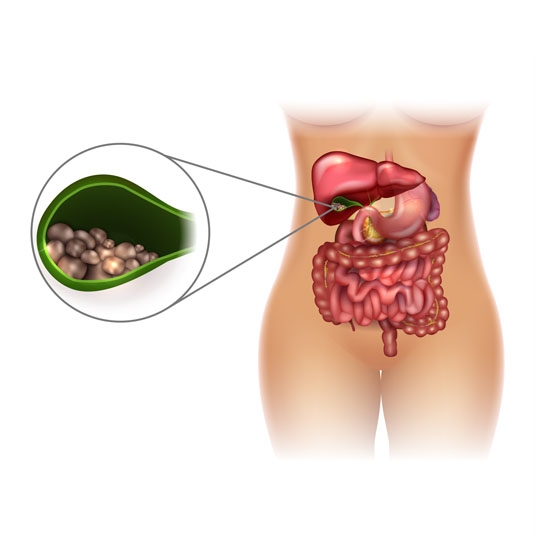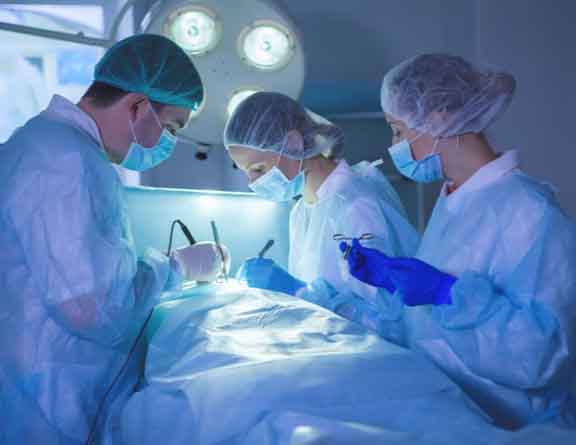Advanced Laparoscopic Gallstone Treatment at Pristyn Care in Agra
To provide you with a permanent solution to your health concerns such as gallbladder stones or hernia, we rely on cutting-edge technology which ensures fast recovery. Our doctors are experts in the latest care treatments, specializing in laser and laparoscopic procedures. With our vast network of clinics, hospitals, and diagnostics centers, we ensure a great surgical experience for all our patients.
We have partnered with several super-specialty hospitals in Agra to provide the most advanced laparoscopic treatment. Most of our partner-hospitals in Agra are accredited by the National Accreditation Board for Hospitals and Healthcare providers. This accreditation guarantees that every standard of procedure recommended following during gallstone treatment, is followed diligently. We also ensure that our partner-hospitals are regularly sanitized and safe for patients to undergo treatment. The partner-hospitals have multiple diagnostic rooms with the latest technology as well as multiple fully-equipped consultation rooms and operating theatres.
Why Choose Pristyn Care For Gallstone Treatment in Agra?
In Agra, we promise to provide hassle-free treatment by ensuring round-the-clock support from our medical coordinators. We envision that patients suffering from gallstones are treated for the problem for once and all and there is no unnecessary delay in the treatment. To deliver on our words, by ensuring the following-
- Cab facilities for the patients to pick them up and drop them off free of cost
- Detailed consultation with doctors for proper diagnosis of the problem
- 100% safety and security of patients against COVID-19 infection
- Post-operative instructions provided by doctors for faster recovery
- Follow-up offered to every patient within 7 days of the surgery
How To Book an Appointment with the Best Treatment Center in Agra?
We have a large footprint in Agra. People from Gailana, Pathauli Village, Shamsabad, Manghatai, Civil Lines, Dayal Bagh, Gopal Pura, Jaipuria, Kamla Nagar, Kaulakha, Kiraoli. Kuberpur, Lohamandi, Rakabganj, Rohta, Shahganj, Tajganj, Kharbai, Rajrai, Ramnagar Khandauli, Runkata, Shastripuram, etc. can easily book an appointment with any of our experienced surgeons in Agra. Some of the ways you can reach out to us are-
- Call us at the above number and speak with any of the medical coordinators directly who books an appointment on your behalf.
- Complete the Appointment form on the right-hand side of the screen and wait for our coordinator to get back to you at the earliest
- Select the ‘Book Appointment’ option and fill the details of the patient into the form.
How do gallstones form?
A gallstone is a stone that forms inside the gallbladder due to precipitated bile components. The presence of gallstones is called cholelithiasis. The common reasons for gallbladder stone formation are:
- Bile containing too much cholesterol
- Bile containing excessive bilirubin
In all these cases, the excess cholesterol and bilirubin may start to crystallize and eventually turn into stones. Besides the above-mentioned reasons, there are two other factors that impact gallstone formation. The first one is the frequency and ability of the gallbladder contractions. If the contractions are incomplete and infrequent, the bladder won’t empty properly and cause the bile to become over concentrated. The second factor is the presence of proteins in the liver and bile that either promote or inhibit gallstone formation.
Initially, the size of these stones is equal to a grain of sand. However, it can grow quickly and become as large as a golf ball. Moreover, the gallbladder may contain one or multiple stones of smaller or equal size.
What are the different types of gallbladder stones?
Gallbladder stones are divided into three different types based on their composition. These types are explained below:
- Cholesterol Stones- It is the most common type of gallstone. Around 35% to 90% of stones present in gallstones are cholesterol stones. They can be light yellow, dark green, brown, or chalk white in color and have an oval shape. Usually, their size is between 2 to 3 cm long, but they can also grow larger if left untreated for a long time.
- Pigment Stones- This type of gallstone is composed primarily of bilirubin, which is an insoluble bilirubin pigment polymer, and calcium (calcium phosphate) salts present in the bile. Around 2% to 30% of stones present in the gallbladder are bilirubin or pigment stones. They are small and often dark in color.
- Mixed Stones- Also known as brown pigment stones, they are composed of 20-80% of cholesterol. The rest of the constituents can be calcium carbonate, palmitate phosphate, bilirubin, and other bile pigments, such as calcium bilirubinate, calcium palmitate, and calcium stearate. These types of stones usually form when the biliary tract gets infected.
All these three types of stones can be present in the gallbladder altogether or alone. But in each scenario, you will need proper treatment for them.
Why should gallbladder stones not be left untreated?
When left untreated, gallbladder stones can turn into a serious medical issue. If you don’t take a proactive approach for your health and consult a doctor to remove the stones, it can cause the following complications:
- Inflammation of the gallbladder(Cholecystitis)- When the stone gets stuck in the bladder, it will cause inflammation, severe pain, and fever.
- Blockage of the common bile duct- When the stones enter the bile duct and get stuck there, it causes infection in the bile duct, jaundice, and severe pain as well.
- Blockage in the pancreatic duct- Pancreas is connected to the bile duct directly. Hence, there is a high possibility that the stones can travel to the pancreatic duct as well. If this happens, it will cause inflammation in the pancreas (also known as pancreatitis). Due to the inflammation, you will experience intense and constant pain in the abdomen and may need immediate hospitalization.
- Gallbladder cancer- Frequent occurrences of gallstones can increase the risk of gallbladder cancer as well. Though it is rare, it is better that you seek proper treatment to reduce the chances of gallbladder cancer.
Ignoring gallbladder stones is not advisable under any circumstances. You should consult a doctor and discuss what you can do to get rid of the stones permanently.
Prevention of Gallbladder Stones
It is mostly our lifestyle that increases the risk of gallbladder stone formation. Therefore, you can prevent gallstones by making the following changes in your daily life:
- Do not skip meals- Try your best to stick with the usual meal times each day. Skipping meals can cause excess bile secretion and deposition.
- Lose weight slowly- Being overweight is a risk factor for gallstone development. So, if you are trying to lose weight, take things slow. Don’t push your body to its limits in order to lose weight as rapid weight loss can cause the liver to secrete extra cholesterol, which can further increase the risk of gallstones.
- Eat high-fiber foods- Foods that are rich in fiber ensure that the levels of bad cholesterol in the body are minimal. Furthermore, fiber keeps the digestive system moving and helps to flush out the bile from the body. Therefore, it is crucial that you add more fiber to your diet.
- Exercise regularly- It doesn’t necessarily mean that you have to do an extensive workout, being physically active is enough. The less you move, the slower the digestion process will be. As a result, the bile won’t flush out correctly. Invest some time in exercising and leave the sedentary lifestyle behind.
- Take prescribed medications- People who are at high risk of developing gallstones due to heredity or other factors can take medicines to lower the risk of gallstone formation.
You can talk to a gallstone specialist to find out what else you can do to prevent gallstones.
Dietary Changes for Gallstones
The food items that you eat on a regular basis have a significant impact on the body. If you eat a healthy and balanced diet and combine it with physical activities, it can lower the risk of gallstone development to almost negligible.
According to experts, the ideal diet for gallstones consists of:
- Fiber-rich foods like fresh fruits and vegetables.
- Whole grains, including brown rice, oats, whole wheat bread, etc.
- Fewer refined carbohydrates and less sugar.
- Healthy fats, such as fish oil and olive oil that helps to contract the gallbladder.
Along with knowing what foods to eat, you should also keep your cravings in check and avoid unhealthy fats, such as desserts and fried foods. Talk to your healthcare provider and ask them to make changes in your diet that will help you avoid gallstones and other health problems as well.










.svg)









